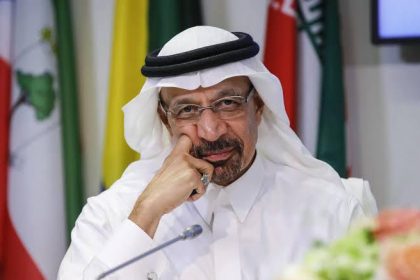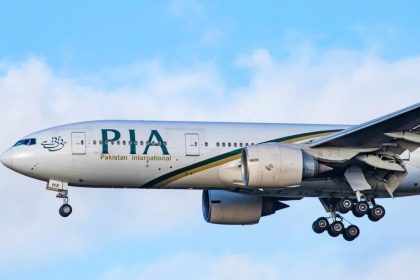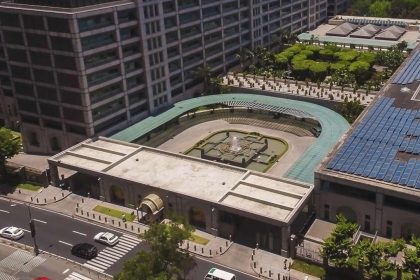The much-awaited 5G network services are expected to be rolled out to Pakistani customers by next year as the Pakistan Telecommunication Authority (PTA) has started receiving proposals from foreign consultants.
The telecom regulator revealed that the consultants – Aetha Consulting Limited, Detecon Consulting FZ-LLC, Frontier Economics Limited, KomKonsult (Private) Limited and the National Economic Research Associates Inc. – will oversee the auction of the 5G spectrum, which will be held in accordance with the rules of the Public Procurement Regulatory Authority (PPRA).
While it was previously reported that 5G services would be available in Pakistan in 2024, the lack of concrete measures on this front dashed the hopes of those awaiting the next-generation network facilities. Recently, Pakistan Telecommunication Authority Chairman Hafeezur Rehman made it clear in a statement that the auction will possibly be held in March next year.
In the federal government, there is a difference of opinion among stakeholders when it comes to this matter. Voices from the Ministry of Information Technology support rolling out an additional spectrum for 5G at low rates, whereas those in the Ministry of Finance support maximizing the value of the auction by stirring competition among telecom operators. It is reported that Federal Minister for Finance Muhammad Aurangzeb is expected to oversee the process.
Moreover, there are concerns from the IT sector about disruption in internet services, either due to power outages or restrictions. The stakeholders within this sector are concerned about the future of IT services in Pakistan. Furthermore, there are concerns from the telecom sector, wherein the stakeholders believe that since the country has yet to maximize the potential of 4G services, the upcoming auction may just be an attempt to collect revenue.
BLOCKING SIMS
The Pakistan Telecommunication Authority has also started the process of blocking the SIM cards registered against expired Computerized National Identification Cards (CNICs). This move is aimed at curbing the use of illegal SIMs by validating their credentials. This was made possible by a collaboration between telecom authority and the National Database and Registration Authority (NADRA), whereby the latter provided the data to the former.
Resultantly, the Pakistan Telecommunication Authority was able to block more than 69,000 SIMs. In the third phase of the initiative, the SIM cards of deceased individuals will be blocked in October. The PTA has urged citizens to get their details updated to avoid having their SIM cards blocked.
BLOCKING APPS
The internet regulator has also started utilizing Web Monitoring System (WMS) to block online content and applications. As of now, it said, 2,369 URLs and 183 mobile applications have been blocked for being involved in violating the privacy of citizens. The monitoring system regulates internet traffic at the gateway level, and has raised concerns among the people regarding freedom of speech and expression in the digital sphere.
Digital rights activists pointed out that attempts to curb ‘free speech’ would amount to censorship and violate the rights of the people. Besides, they have expressed concerns about the technology being used to control dissent. Recently, the nationwide internet slowdown brought the issue into focus, as the public speculated that the authorities were tinkering with the internet, which led to widespread disruption of facilities.
Some digital businesses faced ‘losses’ and were poised to incur damages if the slowdown persisted longer. While the government announced to the implementation of a nationwide firewall as a cybersecurity measure, it blamed a fault in the submarine cable as the reason for the disruption in internet services.












